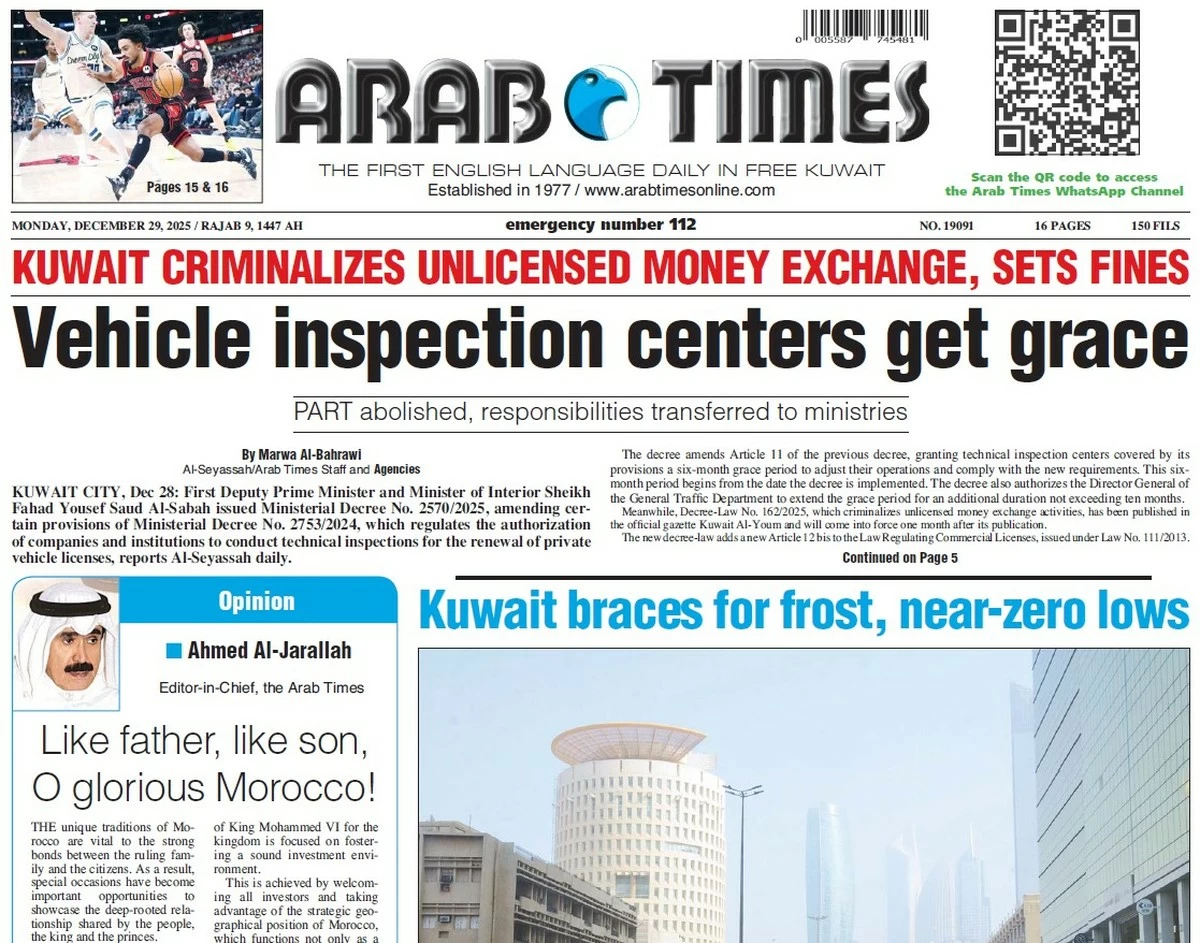11/08/2022
11/08/2022
Most developed nations tend to limit the use of fiat currency banknotes (a government-issued currency that is not backed by a commodity such as gold) for many reasons due to the high cost of printing, transportation and preserving them, other than being a means of transmitting diseases from one hand to another and the difficulty and danger of keeping large quantities of them without exposing them to theft and other defects.
Also, stopping dealing with it, or reducing it greatly will have a strong impact on money laundering crimes, and thus greatly reduce the prosperity of the drug trade.
Societies of several European countries, such as Sweden, Japan and even China are at the forefront of countries where banknotes are rarely used for payment, especially in cities. To speed up the reduction of cash payments, and to urge banks to expand the issuance of Knet cards or other global electronic payment cards, through organized campaigns, and to reduce fees for issuing credit cards and others.
In an initiative to curb money laundering, Qatar, which has left us behind in many fields, issued a decision banning the sale, purchase or lease of any real estate, and prohibiting the sale or purchase of any type of vehicles, engines, precious stones and precious metals, and even the sale and purchase of livestock, and the means of sea and air transportation, in cash.
Rather, the process must be carried out through the banking system, that is by check or bank card payment, and this will greatly limit on the one hand the circulation of cash, and the bearer will not be exposed to theft, error in counting and forgery, and will also limit, and this is the most important, converting drug money into valuable commodities, or they can be easily sold, and thus laundered.
The Central Bank and the Ministry of Interior, through the concerned authorities are called upon to act and issue what regulates this process as soon as possible to prevent money-laundering crimes.
We also remind the Central Bank of Kuwait of our proposal regarding the necessity of issuing instructions to prevent the circulation of banknotes if they bear any writings or damages on them and to limit their disbursement, after a specified grace period through outlets that the Central Bank will specify next.
Note: In yesterday’s article about the story of the founding of the National Bank of Kuwait, it was stated that the narrator was the late Khaled Suleiman Al-Hamad, in fact the correct name is Khaled Abdul Latif Al-Hamad. My apologies.
e-mail: [email protected]
By Ahmad alsarraf


